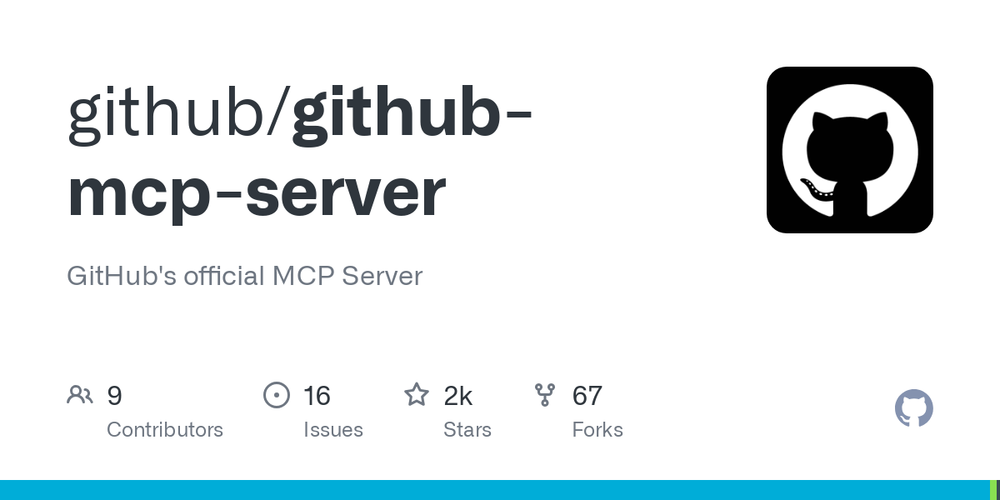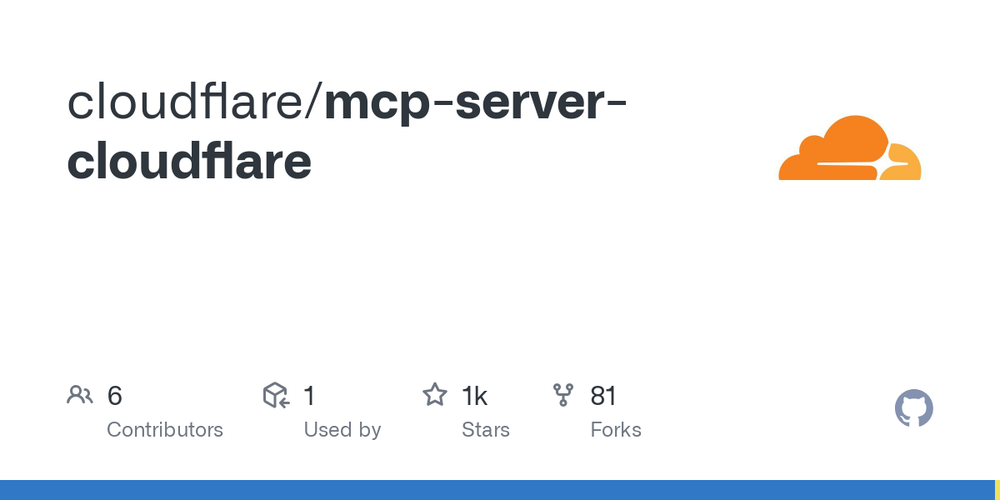Qdrant MCP Server
The Qdrant MCP (Model Context Protocol) server is designed to provide a seamless interface between Large Language Model (LLM) applications and the Qdrant vector search engine. It serves as a semantic memory layer, enabling LLMs to access and retrieve relevant contextual information from a Qdrant database.
Key Features:
- Semantic Memory: Acts as a semantic memory layer on top of Qdrant, allowing LLMs to retrieve information based on meaning rather than keywords.
- MCP Compliance: Adheres to the Model Context Protocol, ensuring compatibility with other MCP-compliant tools and clients.
- Tool Integration: Provides two primary tools:
qdrant-store: Stores information in the Qdrant database, accepting text and optional metadata.qdrant-find: Retrieves relevant information from Qdrant based on a query.
- FastEmbed Support: Uses FastEmbed models for encoding text into embeddings, enabling efficient semantic search.
- Flexible Deployment: Supports various deployment options, including uvx, Docker, and Smithery.
- SSE Transport: Supports Server-Sent Events (SSE) for remote client connections.
Use Cases:
- AI-Powered IDEs: Enhances IDEs like Cursor by providing code search and retrieval capabilities.
- Chat Interfaces: Improves chat interfaces by enabling LLMs to access and incorporate relevant contextual information.
- Custom AI Workflows: Facilitates the creation of custom AI workflows that require access to external data sources.
- Code Snippet Management: Store and retrieve code snippets with natural language descriptions for easy reuse and reference.




